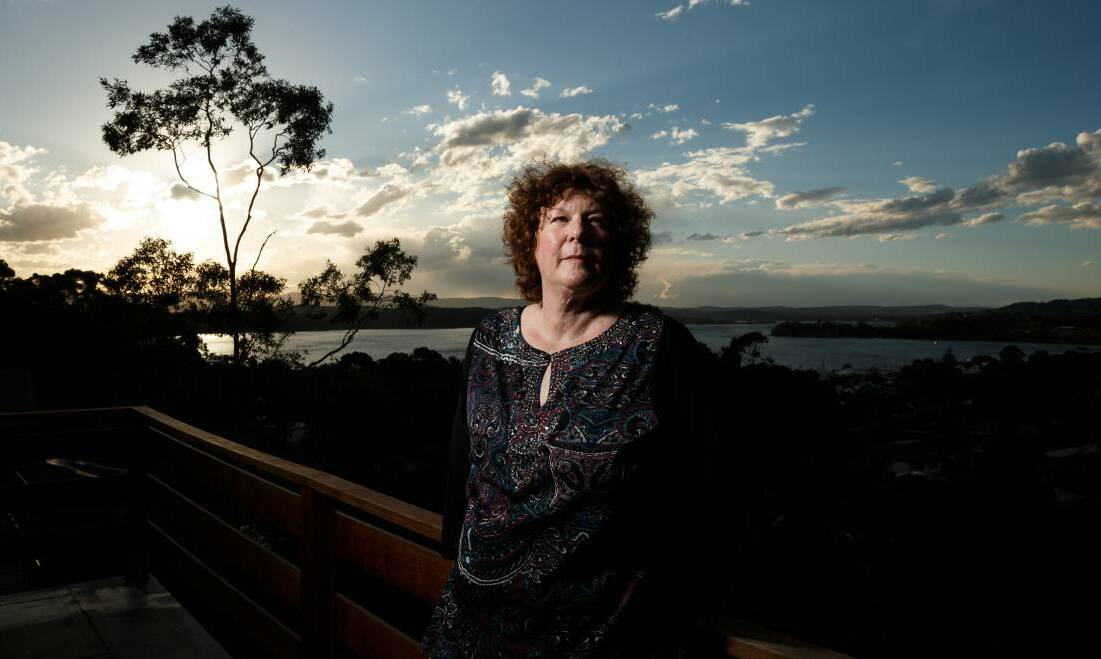
HUNTER women who are part of a class action against Johnson & Johnson over defective pelvic mesh products say they welcome news of a combined $300 million settlement, but are unsure what it will mean for them as individuals.
Shine Lawyers announced on Monday that two class actions have settled for $300 million in what is thought to be the largest ever legal win of its type.
Those involved, however, said the announcement was shy on details, including the exact number of women involved and how payouts to each individual might be weighted, for example between those still able to walk and those who use wheelchairs.
Shine class actions practice leader Revecca Jancauskas said that was their next task. "We welcome this settlement which brings the litigation to an end, Ms Jancauskas said. "If the Federal Court approves the settlement our focus will shift to the important task of distributing the settlement to group members."
Robyn Ramster, 68, has lived with chronic pain and urinary tract infections since being implanted with a Johnson & Johnson device in 2005, said she and others felt frustrated.
"We are all a bit frustrated because none of us know how many of us are in the class action so we don't know what legal costs are involved, we don't know a fair bit actually ... the distribution of monies is the biggest thing for everyone because we don't know if there's $10,000 in it or $800," Mrs Ramster said.
"Everyone is a bit frustrated at the moment because we have no direct answers."
Mrs Ramster said she was left out of pocket $16,000 for her last surgery alone, and her problems "will always be ongoing" because she has been left with remnants of mesh.
"It will be a relief that it's coming to an end, good or bad, and we are at the end of a very long journey, at long last. I'm glad they'll be paying out."
The first class action was launched almost 10 years ago and was heavily contested by Johnson & Johnson and its subsidiary Ethicon, which stood by the claimed safety of the medical products.
After a seven-month trial which ran from July 2017 to Febuary 2018 in the Federal Court, Justice Anna Katzmann ruled against the medical company.
In November 2019, the judge found the company acted negligently and concealed the true extent of complications from the devices.
Challenges to this decision went all the way to the High Court, which dismissed the appeal in November last year.
A second class action was filed on April 2021 for women who were not eligible to participate in the first class action against Johnson & Johnson because they received their implants after July 2017.
Newcastle-based lawyer Catherine Henry said the compensation would go some way to pay for corrective surgery or expenses but some may see little from it.
"The settlement today is certainly better than losing and it is worth remembering that there was a very long legal road for these women," Ms Henry said.
WHAT DO YOU THINK? We've made it a whole lot easier for you to have your say. Our new comment platform requires only one log-in to access articles and to join the discussion on the Newcastle Herald website. Find out how to register so you can enjoy civil, friendly and engaging discussions. Sign up for a subscription here.







